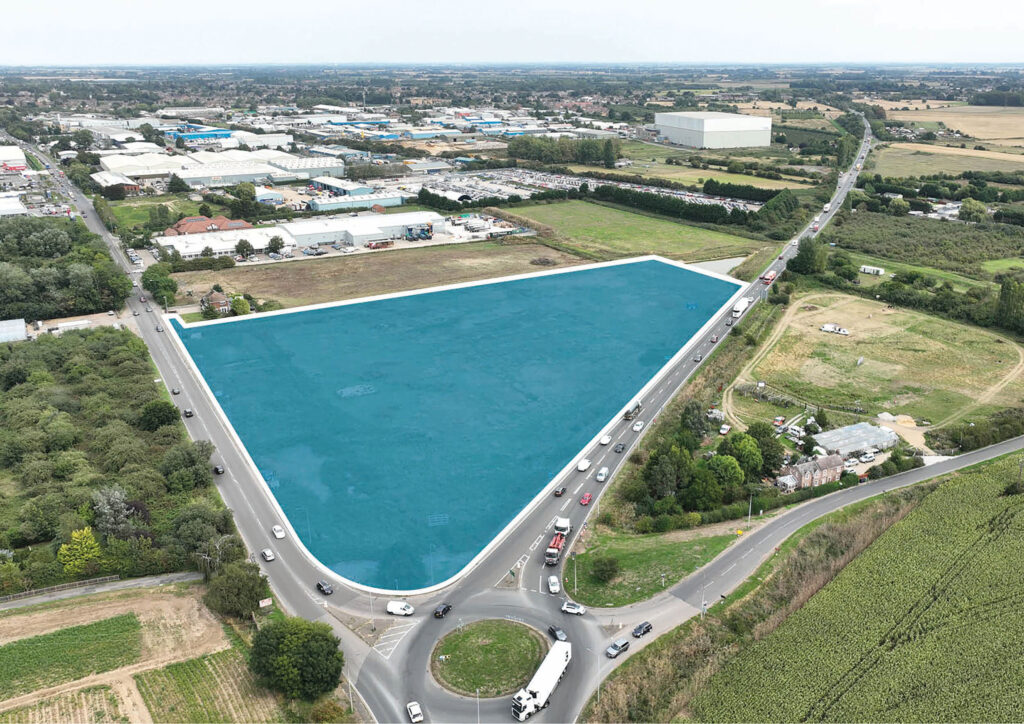Political events shake the world stage, causing market instability
A May sell-off in global equity markets followed harsher Sino-US trade dispute rhetoric and veiled Chinese threats to restrict US rare earth metals access, indicating there’s nothing quite like a long, painful trade war between the US and China for choking global growth.
Now Trump is threatening Mexican tariffs, and there’s further UK instability as Mrs May resigned from party leadership while Europe quakes, fearing they’re next up in Trump’s firing line.
All this, and more, in this month’s market round-up.
The US
As the June G20 meeting approached, both China and the US toughened rhetoric around the Sino-US trade dispute with the US banning sales of products from the Chinese technology giant Huawei. China then threatened to cut exports of rare earth minerals to the US amounting to 80% of US rare earth mineral imports, crucial in producing high technology items from phones to cancer treatment drugs and high-powered lasers.
When Trump wasn’t firing across Chinese bows, he was taking pot-shots at Mexico, threatening tariffs because they’d failed to restrict illegal immigration to the US.
The US market position was further dragged down by slowing industrial production and softer economic data.
Europe
European markets led by the automotive industry, with BMW, Fiat and Renault all returning substantial decreases, fell sharply amidst concerns that, once President Trump has finished his latest series of volleys, he’ll aim for European trade.
For the third month running, Eurozone economic data reflected falling business confidence, and decreasing industrial production and retail sales, resulting in no distinction between major and emerging EU markets, with most returned losses of between 5 and 9%.
The UK
On the other side of the pond, Prime Minister May announced her intention to step down from party leadership after President Trump’s June visit to the UK. The announcement predictably triggered political jostling with Boris Johnson, a hard-line Brexiteer, becoming the front runner to replace Prime Minister May.
While Johnson may be popular with Conservative party membership, wider political circles may not welcome his somewhat disruptive nature and a possible reawakening of a no-deal Brexit.
Once all the voting and televised debates are done, and the dust finally settles, the new party leader will be announced during the week commencing 22nd July.
The market reacted to the UK political climate and broader world events with sterling remaining volatile, closing the month lower against other major currencies.
Emerging Markets
As with major markets, emerging markets returned losses of between 5 and 9% after being hit primarily by Trade Wars, the US announcement of plans to hike tariffs on Chinese goods, and the Chinese retaliation with threats to cut exports of rare earth minerals.




